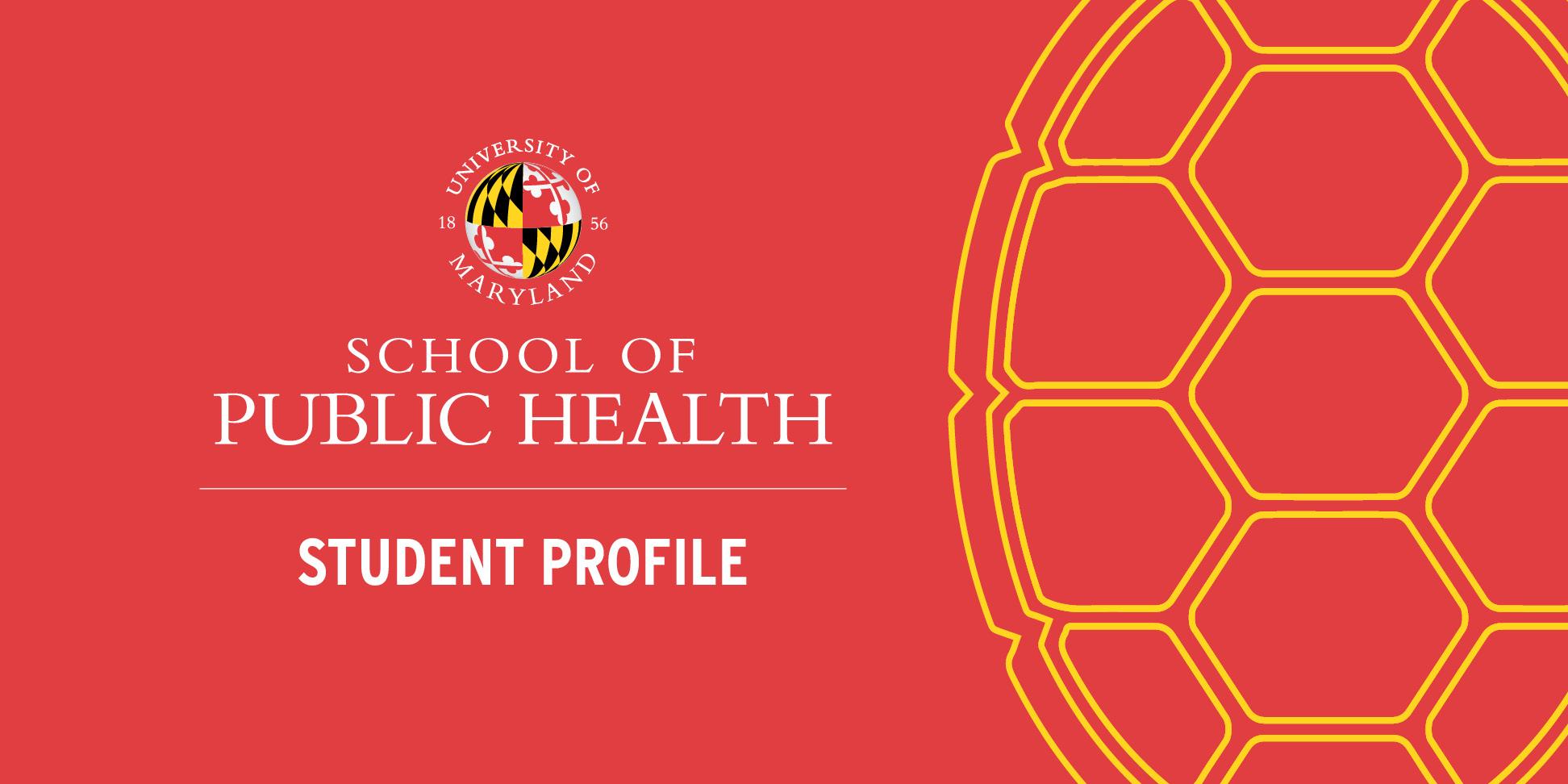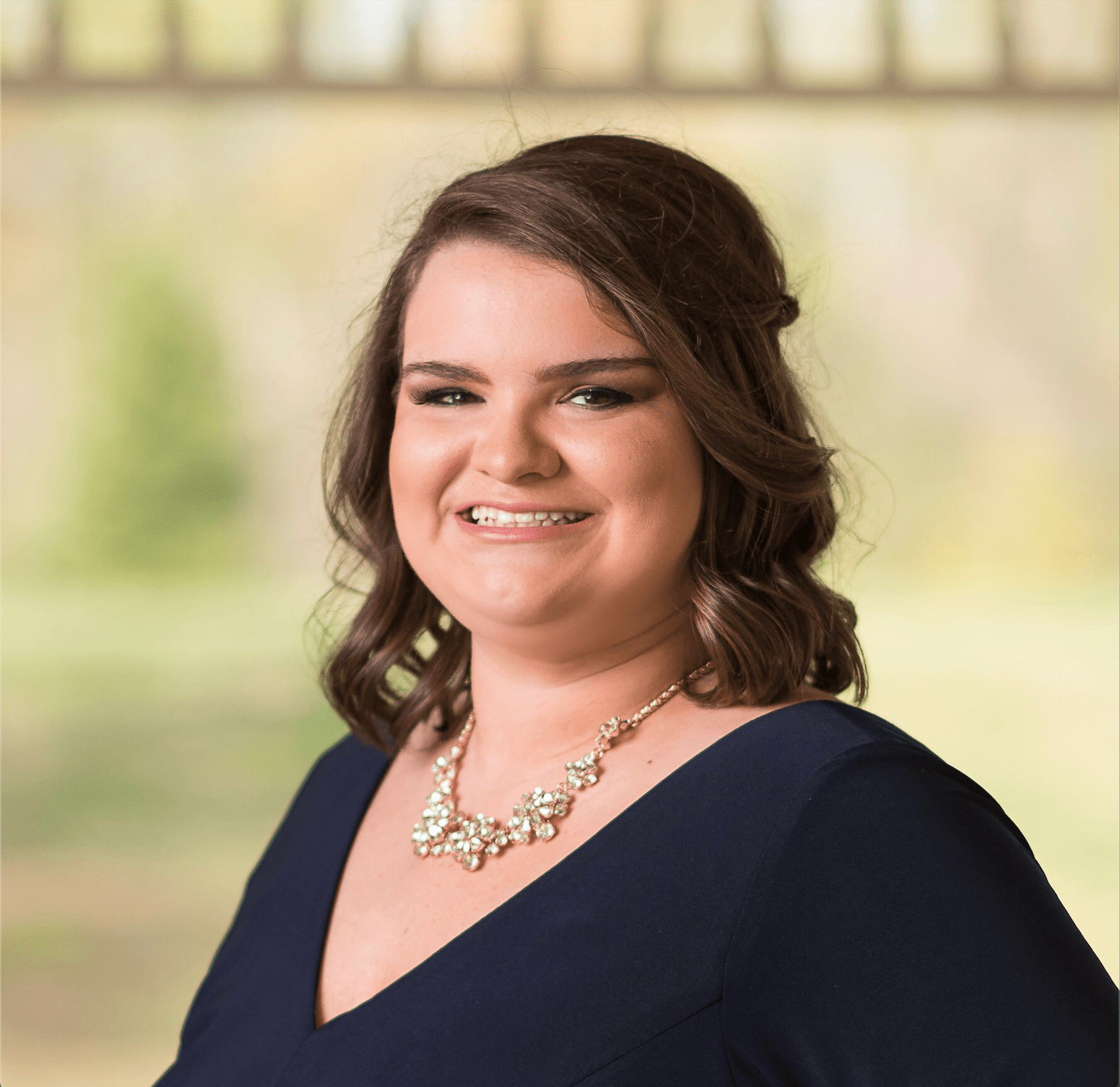

Taylor Palmer
Bachelor of Science, Community Health
Taylor Palmer is passionate about community engagement, social justice and combating racial injustice.
A senior Behavioral and Community Health major in the School of Public Health, Palmer’s impressive resume includes being in the honors program, serving as an undergraduate teaching assistant, and membership in Eta Sigma Gamma (National Health Education Honorary), Phi Sigma Pi (National Honor Fraternity) and Phi Alpha Epsilon, a local honorary society open to undergraduates in Family Science, Community Health, Kinesiology and Public Health Science at UMD.
Palmer is interning with the PATIENTS Program at the University of Maryland Baltimore School of Pharmacy through the University of Maryland MPower Scholars Program. The PATIENTS Program primarily works with the West Baltimore community to engage in patient-centered outcomes research (PCOR). Her work has expanded to assist other projects, including working with a rural health care system in New York.
“PCOR is our main research topic as I am developing educational tools to engage patients and stakeholders in every step of the research process,” she explained. “Our primary focus is to ease the distrust between community residents and health professionals, especially in West Baltimore, for more equitable health outcomes.”
In April, she was invited to moderate the 2021 Social Justice Alliance Spring Symposium virtual event titled “Forward With Hope: Never Shall We Forget,” which commemorated the life and legacy of Bowie State University student Lt. Richard Collins III, who was murdered by a University of Maryland School of Public Health student in 2017.
After moderating expert panels for Dr. Sylvette La Touche-Howard’s SPHL100: Foundations of Public Health course during the Fall 2020 semester—that focused on social justice and public health—Dr. Mia Smith-Bynum reached out to Palmer, requesting her involvement in the Social Justice Alliance event after seeing her lead the SPHL100 panels.
Palmer said participating in these social justice-oriented events has been rewarding, giving her opportunities to “critically reflect, acknowledge my privilege, try to see where I fit into all of this and routinely ask myself, ‘What difference can I make?” Palmer said.
During the Spring 2021 semester, she submitted a poem to SPH Undergraduate Teaching Assistant Program Coordinator Cyndi Kershaw titled “Terrapins Together.” Palmer said the poem is a “call to action and optimism.” The Class of 2021 and the entire UMD community are change agents, as well as an answer to the call for social justice, Palmer added.
“Terrapins Together”
Racism spreads
in words and actions.
Racism breathes
in validations and beliefs.
Racism kills
in cities and streets.
Racism ends
with US.
Dr. Donna Howard, an associate professor in Behavioral and Community Health, shared some words about Palmer:
“She is an inspiring student whose commitment to social justice and equity is unwavering and compelling. Taylor is not only an ongoing inspiration to me, but her carefully crafted and cogent comments and thoughtful critique of issues during class discussions center important insights that have enriched the entire learning experience. Taylor is culturally sensitive, respectful and passionate about public health. I know she will continue to make important contributions to our School and the communities she serves.”
After Palmer obtains her bachelor’s degree in August, she will start the MPH in Behavioral and Community Health program at UMD. Read the Q&As below to learn more about Palmer’s background in public health and her insights on promoting and advancing racial justice.
What inspired you to study public health?
I always wanted to do something in medicine. I wanted to be a dermatologist. I worked at a dermatology office, and I soon realized that there was something behind the scenes that I wasn't seeing directly. I wasn’t seeing why people were coming in with progressed conditions. Instead of looking at and focusing on the treatment, I became passionate about prevention.
What are your career aspirations? What do you hope to do after graduation?
I’m passionate about working with rural communities. My family is from West Tennessee, so I’ve grown up and known about the disparities in health care and the lack of access and availability of resources that exist for rural communities. I would like to work in community-engaged research to see what efforts can be done to help address ongoing disparities for chronic illnesses and increased rates of mortality and such. My passion is getting to elevate other people's voices and getting to learn from them.
What do you think is the biggest challenge that the public health field should be focusing on?
The miscommunication that we see in public health, we're still seeing its effects to this very day, and it was highlighted during the pandemic. We need to notice the impact of what our leaders are saying and evaluate the impact that has on the health of our communities. Looking at how we can get ahead, I’ve seen grassroots efforts on the ground trying to use social media to provide facts and accurate information online. We’re seeing different campaigns arising too. The focus should be on seeing how we can continue to engage different populations, and make sure that that correct information is out there.
Based on your efforts in social justice promotion and inclusion, what do you think the School of Public Health can do to be more actively anti-racist?
I think just continuing to elevate student voices. In the honors program, I’m completing my honors thesis, which is meant to look at how we can continue to cultivate a diverse and inclusive classroom space. I decided to focus on student perspectives for my research. As I was doing interviews and discussing racial and social injustices and seeing where we can move forward, I realized that a key stakeholder in all this was missing was the student voices. I wanted to bring it back to the students and hear from their own experiences. What did the past year mean to them? How did that impact the classroom settings? What can we do moving forward to continue to support students in higher education? I urge the School to continue engaging with students, continue to provide an open and safe space for these conversations to be had.
This past spring, the University System of Maryland designated Juneteenth as an official school holiday. Has this made you think differently about the date?
I think there's a great personal aspect to it. You have to think about what that holiday means to you and what it means to others. It's not just a date on the calendar, it's something that requires reading and reflection. I’ll be looking to continue efforts and conversations to reflect on where we’re at now, where we’ve come historically and also what remains ahead.